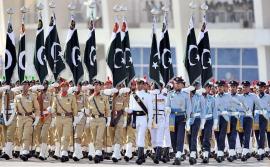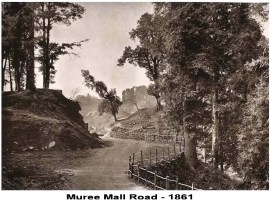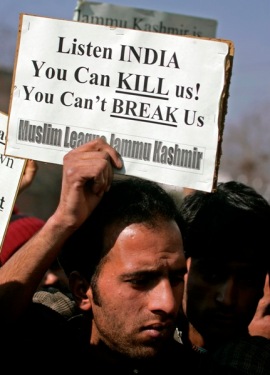Rigi met US, Indian envoys in Afghanistan before arrest
February 25, 2010 1 Comment
Sikander Shaheen:
 ISLAMABAD – The presence of Jundullah’s top man Abdol Malek Rigi in Afghanistan, a day prior to his arrest, is seen as part of covert meetings between US and Indian diplomats with Taliban and some unidentified leaders.
ISLAMABAD – The presence of Jundullah’s top man Abdol Malek Rigi in Afghanistan, a day prior to his arrest, is seen as part of covert meetings between US and Indian diplomats with Taliban and some unidentified leaders.
This newspaper, earlier, first published a story on January 30 last and a subsequent story on February 7 that a series of covert meetings were taking place between US and Indian diplomats with Taliban leaders, however, the whereabouts and origins of these leaders could not be ascertained due to the lack of sufficient details and highly covert manner in which these meetings were arranged.
UN based sources in Afghanistan informed this scribe on Wednesday that they were frequently getting reports regarding the presence of top brass of some banned outfits including those jihadi outfits the chiefs of which had lucrative head-moneys and were involved in terrorist activities in this region. Although the exact details regarding the visits of Abdol Malek Rigi to Afghanistan at any specific venue are still required because of his “lack of facial familiarity and acquaintance” within the locals, yet his frequent covert visits remained under heated discussions in informed Afghan quarters lately.
The fact stands undisputed that CIA had very strong links with Jundullah and was actively backing its operations against Shiite Muslims in Iran as well as in different parts of Pakistan and Afghanistan. Stealthy visits of the banned militants in Afghanistan, off and on, have much to do with the incompetence of Afghan government and active collusion of US and India using Afghanistan as cross-border militancy card against Pakistan.
Just recently, the arrests of three top leaders of Taliban by Pakistani authorities were not welcomed by Afghanistan and India at all, and soon after these arrests that had been termed by Pakistani authorities as a major breakthrough in combating militancy, voices were heard from New Delhi and Kabul that the pertinent development was a major blow to ‘peace efforts’ and arrested brass was presumably willing for talks with Afghanistan government! This policy of cribbing from both these states reflects the malice on part of Afghanistan that blindly follows the dictates of US and its cronies to avail of every bid that undermines Pakistan’s dignity. Read more of this post




































Recent Comments